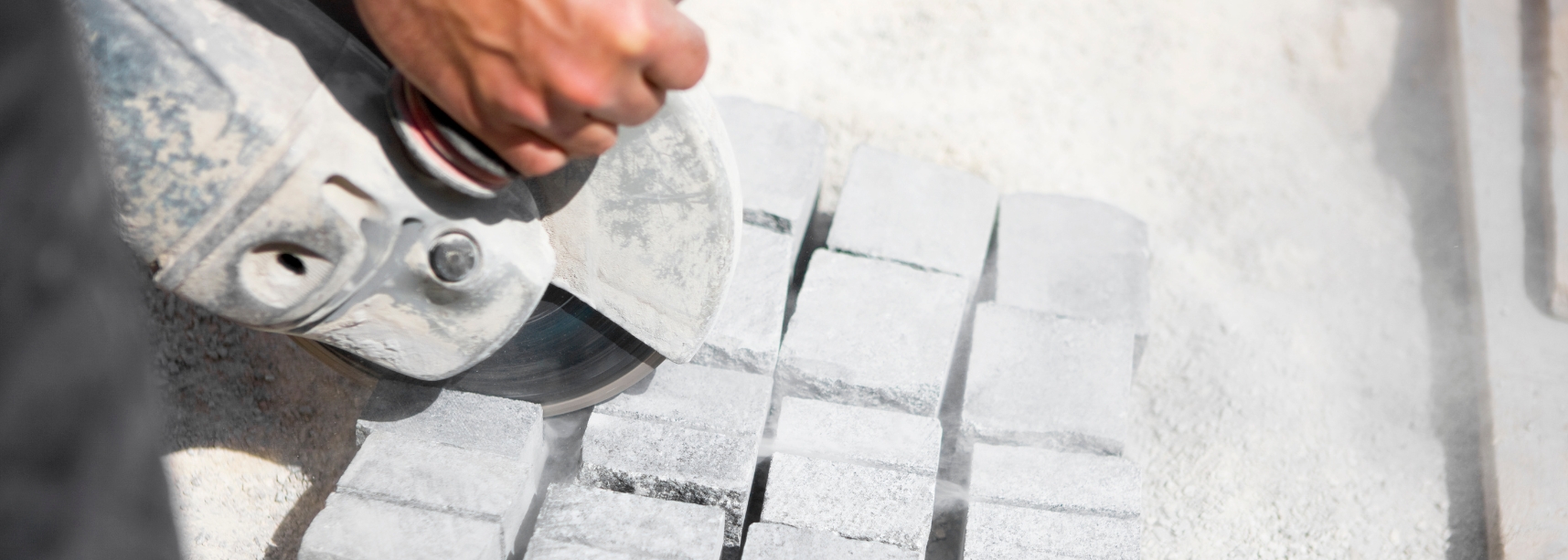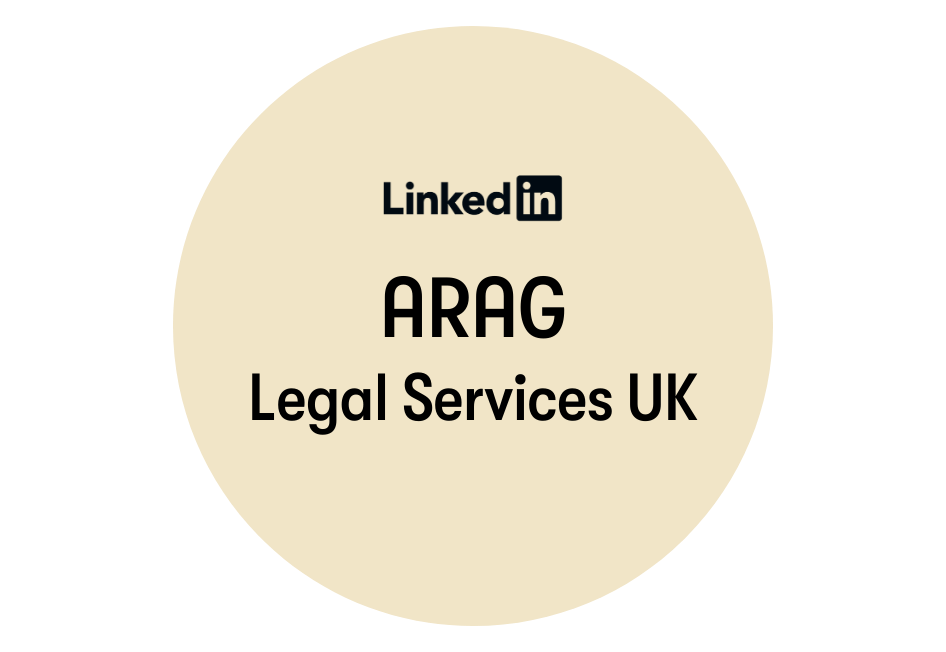
Managing Silicosis risk
Published on 24/04/25
As first seen on Insurance Business

Exposure to silica or stone dust has long been recognised as a potentially fatal workplace hazard but worrying cases that have recently hit the headlines are increasing concern. Matt Warren, Head of Broker and MGA Sales at ARAG, looks at the implications for businesses working with such materials, and what resources may be available to help.
While the dangers of work that produces stone dust were first identified centuries ago, a recent spate of cases involving the manufacture and installation of artificial stone worktops is ringing alarm bells.
Engineered stone or quartz has been available for decades and is a popular material for fabricating durable but attractive countertops installed in kitchens around the world. However, cases of silicosis - an irreversible and often fatal condition - among people who have worked with the artificial stone are causing alarm and leading to calls for products to be banned.
Artificial stone has been likened to asbestos because of the unseen damage that it causes to the lungs, but the number of people affected is thought to be low because it is only those who have worked in the fabrication, shaping and finishing of the product that are likely to have been dangerously exposed.
Nonetheless, there are calls for the product to be outlawed in numerous jurisdictions and, last year, the Australian government banned the “...use, supply, and manufacture of engineered stone benchtops, panels and slabs...” throughout Australia. In January, it also became illegal to import such products into the country.
While the total number of workers who may have been exposed to some form of silica in the UK has been estimated at over half a million, in mining, construction, stonemasonry and numerous other sectors, the exposure is unlikely to have been harmful.
As an industrial disease, silicosis may not be new and the number of victims may still prove to be small. But the young age of patients, some of whom have been diagnosed in their 20s and 30s, and the speed with which it has killed others, who have died within months of diagnosis, is certainly worrying.
An SME problem
Part of the challenge in managing this particular risk is that many of those working with the product are sole traders or employed by small businesses, and may lack the skills and experience needed to address workplace health and safety more fully.
The Health and Safety Executive (HSE) publishes regular updates and guides addressing silicosis risks and recent reports across the national media have helped to raise awareness of the problem, but smaller businesses are also more likely to struggle in the face of allegations of a health and safety breach.
It is here that legal expenses insurers have a part to play. Hundreds of thousands of small businesses have access to a legal advice helpline to support them in understanding and fulfilling their workplace safety obligations.
In a worst-case scenario, in which a criminal prosecution is brought against a small business for an alleged breach of health and safety legislation, a legal expenses policy may offer cover to defend the business in court and attempt to mitigate any penalty in the event of a guilty verdict.
Hopefully the number of serious cases of artificial stone silicosis remains small and will decline further, as a result of the publicity recent tragedies have garnered. In the meantime, small businesses should be doing all that they can to control the risk, educate and protect their workforce and comply with the law.
Disclaimer - all information in this article was correct at time of publishing.

